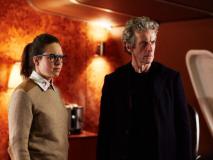Doctor Who debated in the Lords
Thursday, 28 November 2013 - Reported by Marcus
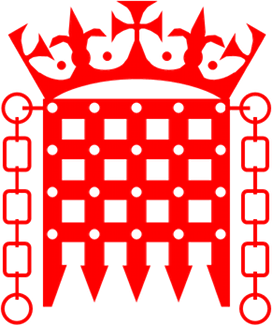 Tributes have been paid to Doctor Who in the House of Lords, the upper house of the UK Parliament.
Tributes have been paid to Doctor Who in the House of Lords, the upper house of the UK Parliament. The debate was That this House takes note of the contribution of broadcast media to the United Kingdom economy, moved by Baroness Bonham-Carter of Yarnbury, a Liberal Democrat peer who has worked for both the BBC and Channel 4.
In the debate Baroness Grender, in her maiden speech, referred to Doctor Who and its record breaking weekend.
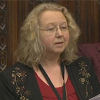 This debate necessarily starts with the record we have in public service broadcasting, of which the cornerstone is the BBC. BBC Worldwide is the largest TV programme distributor outside the major US studios, and its impact on the reputation of the United Kingdom overseas is one which increases our ability to trade worldwide and way beyond broadcasting. My noble friend Lady Bonham-Carter’s timing for this debate is perfect, following the amazing weekend marking the 50th anniversary of Doctor Who. Simulcast in 94 countries, setting a Guinness world record, with record-breaking figures in America, it was event TV drama at its best, delivered around the globe. That thrill of seeing all the Doctors saving Gallifrey is something my eight year-old son will remember until the 100th anniversary.
This debate necessarily starts with the record we have in public service broadcasting, of which the cornerstone is the BBC. BBC Worldwide is the largest TV programme distributor outside the major US studios, and its impact on the reputation of the United Kingdom overseas is one which increases our ability to trade worldwide and way beyond broadcasting. My noble friend Lady Bonham-Carter’s timing for this debate is perfect, following the amazing weekend marking the 50th anniversary of Doctor Who. Simulcast in 94 countries, setting a Guinness world record, with record-breaking figures in America, it was event TV drama at its best, delivered around the globe. That thrill of seeing all the Doctors saving Gallifrey is something my eight year-old son will remember until the 100th anniversary.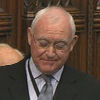 Our comic, eccentric and very British superhero, Doctor Who, who rightly has been much mentioned today, reached 50 last Saturday with a near-simultaneous broadcast in 94 different countries, as the noble Baroness, Lady Grender, mentioned. Nothing like that has ever happened before.
Our comic, eccentric and very British superhero, Doctor Who, who rightly has been much mentioned today, reached 50 last Saturday with a near-simultaneous broadcast in 94 different countries, as the noble Baroness, Lady Grender, mentioned. Nothing like that has ever happened before.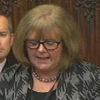 Programmes such as Doctor Who, Merlin and Sherlock and many others have been produced in Cardiff over a number of years but they are now produced in the BBC’s new drama facility in the recently built drama village at Roath Lock in the Porth Teigr, or Tiger Bay, area of Cardiff Bay. The drama studios there are the length of three football pitches, and more than 600 actors, camera operators and technicians are employed there—all, of course, contributing to the local economy.
Programmes such as Doctor Who, Merlin and Sherlock and many others have been produced in Cardiff over a number of years but they are now produced in the BBC’s new drama facility in the recently built drama village at Roath Lock in the Porth Teigr, or Tiger Bay, area of Cardiff Bay. The drama studios there are the length of three football pitches, and more than 600 actors, camera operators and technicians are employed there—all, of course, contributing to the local economy. Your Lordships have already mentioned Doctor Who. Its 50th anniversary special has just had a record-breaking global simultaneous broadcast—I am informed by officials that it is called a simulcast—that reached 94 countries across all the continents.
Your Lordships have already mentioned Doctor Who. Its 50th anniversary special has just had a record-breaking global simultaneous broadcast—I am informed by officials that it is called a simulcast—that reached 94 countries across all the continents.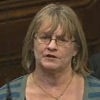
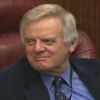 Finally, as Doctor Who has dominated the debate and I see my noble friend Lord Grade in his seat, I cannot resist wondering whether, had he known that Sylvester McCoy would regenerate into John Hurt, he would still have cancelled the programme?
Finally, as Doctor Who has dominated the debate and I see my noble friend Lord Grade in his seat, I cannot resist wondering whether, had he known that Sylvester McCoy would regenerate into John Hurt, he would still have cancelled the programme? The full debate can be viewed via the Parliament TV site and the transcript is available from Hansard.





